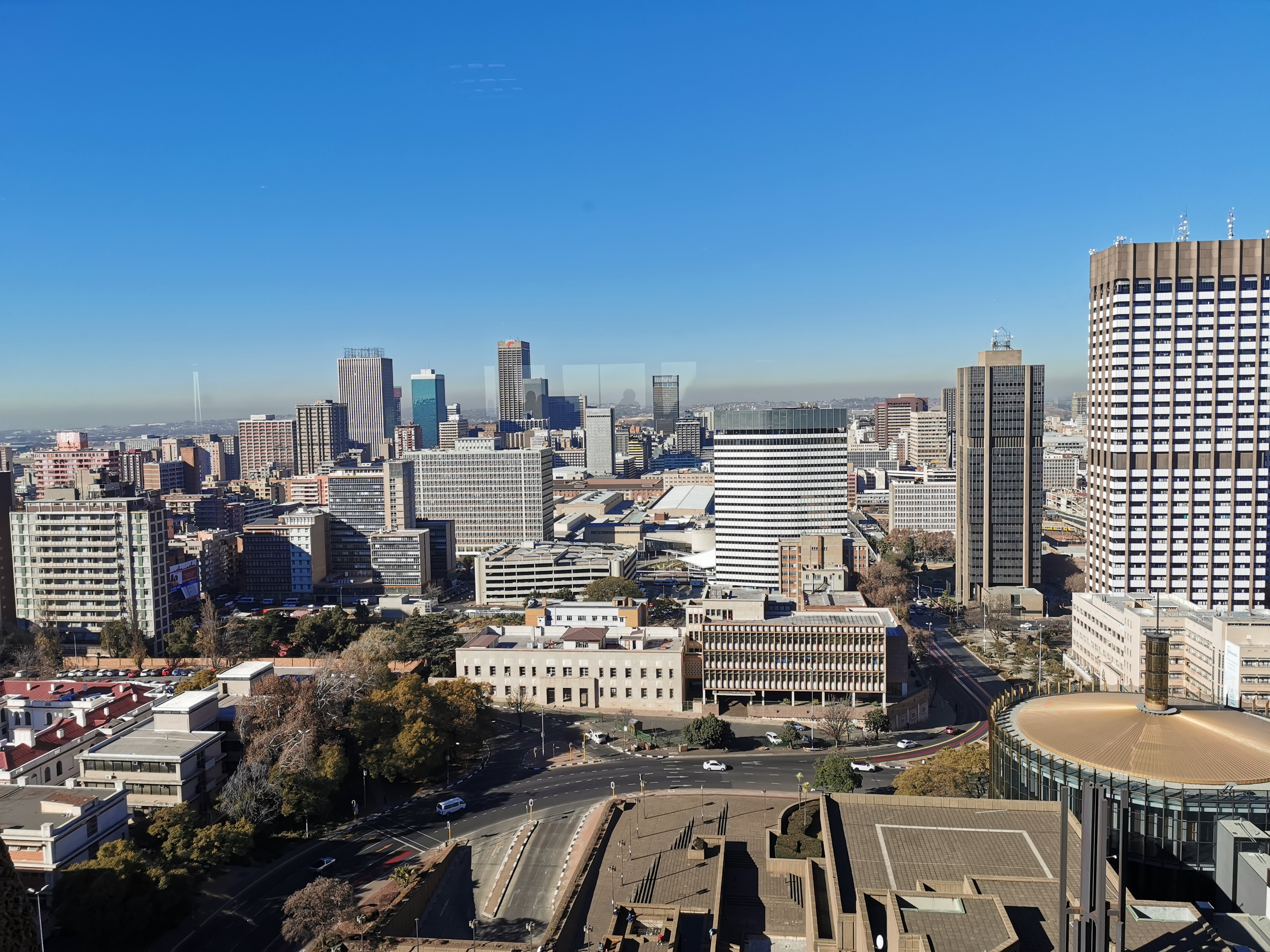The idea of a South African Research Chair devoted to the topic of cities of all sizes, law and environmental sustainability is embedded in the negative impact and opportunities posed by phenomena such as the globalisation of urban governance, unprecedented urbanisation on the African continent, the adoption of an urban goal in the United Nations Sustainable Development Goals, the contribution and exposure of cities to global climate change and the growing need for improved environmental service delivery in metropolitan areas, medium-sized (intermediate) cities and smaller towns.
The overarching objectives of CLES are the following:
-
To develop a new theoretical framework for the future description, analysis and development of urban law and governance in South Africa with a focus on environmental sustainability;
-
To research and analyse the legal foundations of urban development and the legally justifiable expectation that governments (including the South African government) should create communities that are safe, sustainable, resilient and inclusive; and
-
To equip a new cohort of highly-skilled and connected young legal scholars who can spearhead this work in academia and legal practice, in South Africa and beyond.
While not confined to these areas, much of the research at CLES focuses on:
-
SDG 11, international urban policy development and its implications for SA cities / urban areas from the perspective of environmental law and environmental and spatial justice theory.
-
Local governance instrumentation for environmentally sustainable cities ranging from spatial and strategic planning and sector-specific environmental management plans to command-and-control and fiscal-based instruments as provided for in SA local government, planning and environmental law.
-
Local government performance management and legal measures for municipal accountability viewed through the lens of sustainable development.

